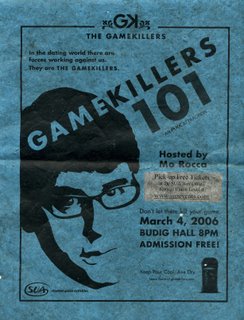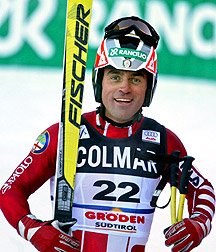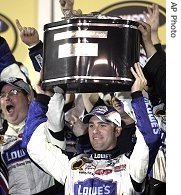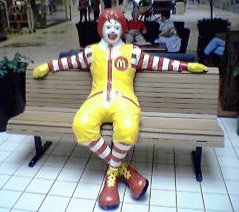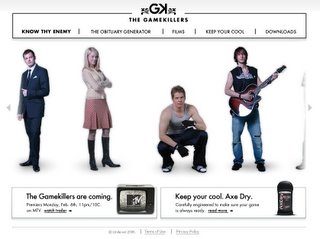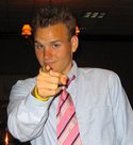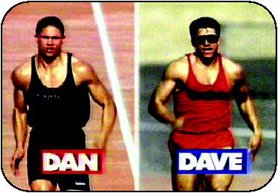 I was 8 years old when Reebok launched their "Dan and Dave" campaign before the 1992 summer Olympics in Barcelona. Yet I still remember the commercials, and I still remember the subsequent flop when Dan O'Brien failed to qualify for the Olympics. As I remember, the commercials were good, but Reebok's investment clearly didn't pay off when Dan failed to qualify.
I was 8 years old when Reebok launched their "Dan and Dave" campaign before the 1992 summer Olympics in Barcelona. Yet I still remember the commercials, and I still remember the subsequent flop when Dan O'Brien failed to qualify for the Olympics. As I remember, the commercials were good, but Reebok's investment clearly didn't pay off when Dan failed to qualify.
I'm not blaming O'Brien. I'm confident he did everything in his power to qualify for the games. I'm blaming Reebok for taking a risky gamble that didn't pay off. History proves that athletes backed by big bucks and big campaigns don't do well after all the hype. See ESPN.com's Athletes who fell after much marketing hype for proof.
This year's winter games in Torino proved no different. Bode Miller, hyped up by Nike, Michelle Kwan, backed by Coca-Cola and Visa, and Lindsey Jacobellis, pumped up by Visa, failed in their quest for gold (Bode has one chance left, but so far he is 0 for 4). In fact, Jacobellis was the only athlete of the much touted triumvirate to medal. However, her legacy won’t be winning silver. She’ll always be the hotdog who gave up gold.
All these much ballyhooed athletes reflected poorly on their sponsors because they didn't triumph. The marketers are at fault here. Instead of waiting to capitalize on athletes' success after the games, they tried to pick athletes who were sure things. When the sure thing wasn't, the marketers looked foolish.
These marketers should learn from the success of Disney. No one ever said, "I'm going to Disney Land" before they won the game. Disney capitalized on this at this year's Super Bowl by showing the guys from both teams practicing saying their tag line before the game. This prevented embarrassment for both sponsor and athlete and further engrained that tag line as an essential part of the Super Bowl.
(For Reebok's take on their Dan vs. Dave campaign, check out the bottom of page 79.)

